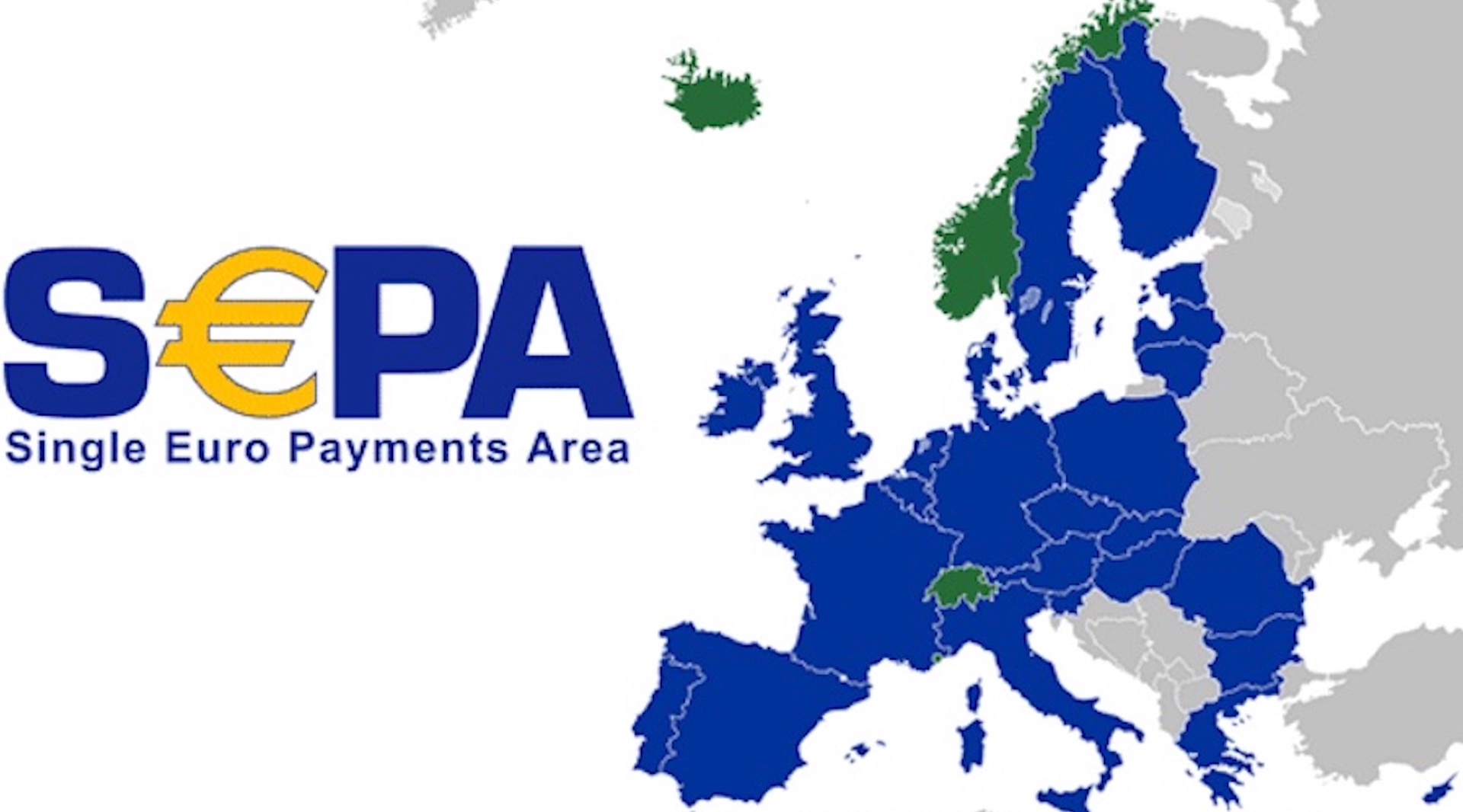Ukraine's National Bank (NBU) is embarking on a significant financial journey, signaling its intention to join the Single Euro Payments Area (SEPA) in 2024. This move aligns seamlessly with the European Council's landmark decision to initiate negotiations on Ukraine's accession to the European Union (EU).
Navigating Eurointegration Waters
Andriy Pyshnyi, Chairman of the NBU, underscores the necessity of adopting European norms. The implementation of relevant EU legislation becomes a strategic priority, reflecting Ukraine's commitment to elevating its financial infrastructure to international standards.
Anticipating SEPA as a transformative landmark, Pyshnyi envisions a myriad of opportunities for Ukraine's economy. Market entry facilitation for Ukrainian businesses, reduced fintech barriers in the EU, and cost-effective EU transactions are among the advantages foreseen.
Banking Reforms and SEPA Integration
The NBU had hinted at the possibility of Ukraine joining SEPA back in August 2022. This decision is poised to revolutionize the banking sector, triggering reforms in regulatory standards, capital structures, and overall system reliability.
Beyond its economic implications, Ukraine's SEPA move bears geopolitical significance. The ongoing negotiations position Ukraine as a key player in shaping the geopolitical landscape, strengthening its ties with the European financial system.
Eurointegration Strategy in Action
The initiation of SEPA reflects Ukraine's broader Eurointegration strategy. As negotiations with the EU progress, Ukraine demonstrates a clear commitment to economic and financial convergence, aligning itself with European standards.
Joining SEPA cements Ukraine's role as an active participant in the European financial system. This move fosters collaboration and interdependence, positioning Ukraine as a strategic partner within the European economic framework.
Geopolitical Implications
Geopolitically, Ukraine's move toward SEPA aligns with the broader context of its accession negotiations with the EU. The decision by the European Council to commence negotiations reflects a strategic commitment to strengthening ties with Ukraine, potentially reshaping geopolitical dynamics in the region. As Ukraine pursues alignment with European standards, it reinforces its position as a key player in the evolving geopolitical landscape. The move toward SEPA can be seen as a tangible step in Ukraine's broader Eurointegration strategy, signaling its commitment to economic and financial convergence with the EU.
The geopolitical implications extend beyond economic considerations. The move to join SEPA positions Ukraine as an active participant in the European financial system, fostering greater collaboration and interdependence. It also signals Ukraine's commitment to adopting international best practices in financial regulation and supervision. The EU, in turn, gains a strategic partner in the region, further solidifying the geopolitical significance of the move.
SEPA as a Catalyst for Financial Cooperation
As Ukraine aligns with EU standards, the financial sector emerges as a focal point for cooperation. SEPA acts as a catalyst, propelling Ukraine toward greater alignment with international best practices in financial regulation and supervision.
SEPA's significance extends beyond transactional efficiency, offering Ukraine a seat at the table in the European financial landscape. The move underscores a commitment to adopting international best practices, enhancing Ukraine's standing in the EU banking sector.
Ukraine's Harmonious Financial Alignment
The initiation of the SEPA process signifies a harmonious financial alignment between Ukraine and the EU. This convergence of economic and geopolitical factors underscores the strategic importance of Ukraine in shaping the future dynamics of the European continent.

















